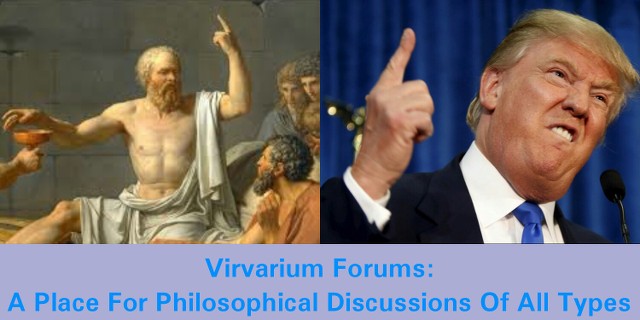|
Pages: 1 2 3 4 5 6 7 8 [ 9]
 Author
Topic: Proclus "On The Theology of Plato" (Read 297 times)
Author
Topic: Proclus "On The Theology of Plato" (Read 297 times)
0 Members and 1 Guest are viewing this topic.
Pages: 1 2 3 4 5 6 7 8 [ 9]
Related Topics
| |
Subject / Started by |
Replies |
Last post |

|

|
|
0 Replies
34 Views
|
 February 19, 2017, 11:55:20 pm
February 19, 2017, 11:55:20 pm
by Arius Didymus
|

|

|
|
19 Replies
133 Views
|
 February 24, 2017, 05:47:43 am
February 24, 2017, 05:47:43 am
by Arius Didymus
|
|
A STATE OF SELFISH CONTENTMENT
by MORTALSFOOL
January 31, 2018, 06:57:37 pm
|
Today I...
by surreptitious57
April 29, 2017, 07:58:02 pm
|
Video Blocks
by Arius Didymus
April 07, 2017, 06:21:07 pm
|
Truth about TED talks
by Arius Didymus
March 28, 2017, 07:31:45 am
|
Freedom Of Speech Dead In UK
by Arius Didymus
March 25, 2017, 09:40:40 pm
|
KT VIDEO REVIEW
by surreptitious57
March 20, 2017, 03:56:07 am
|
Flux Untology
by Satyr
March 15, 2017, 06:27:10 am
|
Oh no, the ILP supertroll just signed up :(
by Arius Didymus
March 14, 2017, 08:48:20 pm
|
EPISTEMOLOGICAL TOOLS
by surreptitious57
March 07, 2017, 04:26:11 pm
|
The Young Turks Support Incest
by Arius Didymus
March 06, 2017, 02:34:06 pm
|
|
|





